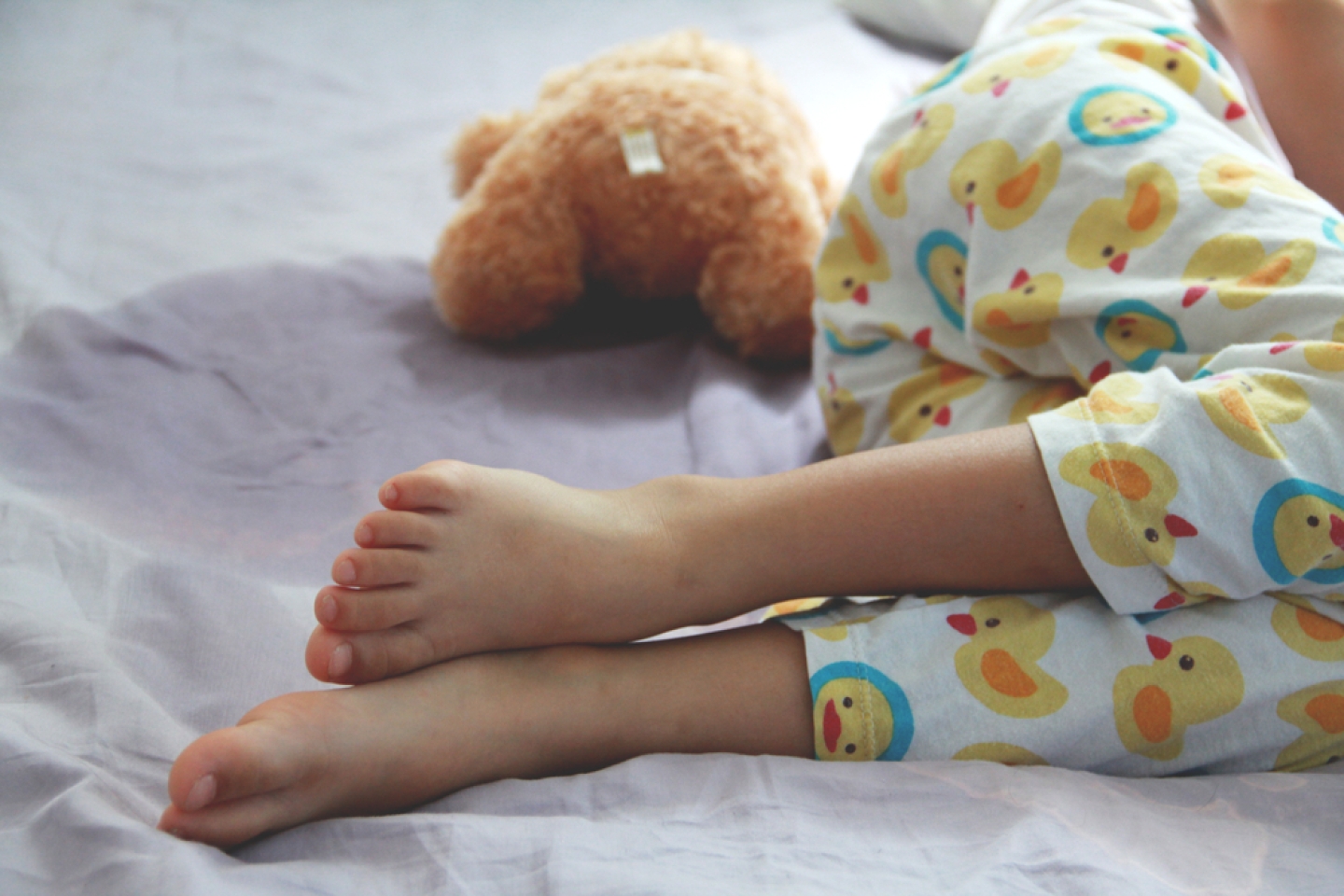
What follows is the third in our 3-part series on urinary incontinence. Part 1 focused on the condition in women, and part 2 addressed the problem in men. Part 3 will look at bedwetting—a type of bladder problem that affects children.
First, be aware that bedwetting is a common problem, says Denise Galan, a pediatric nurse practitioner in the Department of Urology at Weill Cornell Medicine. “The younger the child, the more common it is. As they get older, especially past the age of 7, they’ll usually outgrow nighttime wetting”—but the problem can be stressful for the child afflicted with it and for parents dealing with it.
To get a handle on the causes of bedwetting and the treatments to resolve it, read on for answers to your FAQs and for plenty of hope to ease your concerns.
To figure out what’s going on, parents would do well to look at their own bedwetting issues when they were children. If either parent has a history of childhood bedwetting, their child may follow suit, Denise says.
“Also notice whether your child has daytime symptoms such as urinary urgency, frequency or even some daytime wetting,” she advises. “If so, these symptoms may be a sign that there’s an underlying bladder issue carrying over to nighttime wetting.”
Bedwetting can happen at any time. Children who drink a lot of fluids close to bedtime may wet their beds shortly after they’ve gone to sleep. But others may do so closer to morning. “They may even start to wet their bed and wake up, catch themselves and be able to make it to the bathroom,” says Denise. “It all depends on the underlying stability of their bladder.”
“I start by recommending behavior modification. That is often the best, easiest and least invasive way to control nighttime wetting.
“First,” she continues, “make sure your child is drinking enough during the day. Have them drink most of their fluids in the morning and afternoon. To confirm that they’re well-hydrated, check the color of their urine. By the afternoon, it should be a very light yellow or almost clear.”
If they’re well-hydrated during the day, she says, they won’t “fluid-load” in the evening.
Another behavioral strategy is to prevent your child from drinking anything two hours before bedtime. That includes ice cream, ice pops, milk and even fruit. “We always recommend that a child pee, brush their teeth and do what they normally do before bed, whether reading, watching a movie or just snuggling with a parent. And right when the child is ready to go to sleep, they should try to pee one last time.”
If your child continues to have accidents during the night after you try the strategies described above, you may try waking them up before you go to bed and steer them toward the bathroom. Put your child on the toilet and after they urinate one last time, bring them back to bed.
“Over time,” she says, “stop waking them up and see if your child can make it through the night without wetting the bed. In any case, some children aren’t good sleepers, so it’s understandable that their parents wouldn’t want to wake them up once they’re asleep. In these instances, it may be time to consider medication.”
The medication pediatric urologists recommend for bedwetting is called desmopressin, or DDAVP. It’s an anti-diuretic hormone that the body normally produces to decrease the amount of urine a child makes during the night.
“If prescribed by your doctor, your child would take DDAVP at night with a sip of water right before bed,” she says. “It can make a child feel a little drowsy, but we don’t really see that side effect linger throughout the day.”
When a child goes on a sleepover or goes to camp, pull-ups are an excellent option. Usually, “other children won’t even realize that your child is wearing a pull-up. You can also enlist the aid of a parent or counselor to dispose of the pull-up discreetly and privately.
“But if your child is really uncomfortable and doesn’t want to wear a pull-up, try the medication,” she continues. “Children can use it periodically, knowing it will work to keep them dry during the night.”
Finally, be honest with your child. Be supportive. And stay open to all the hopeful options on offer to help you and your family resolve a problem that can be distressing for all concerned.
Make an appointment with a pediatric urologist here. Listen to a recent podcast episode about bedwetting, featuring Denise Galan.